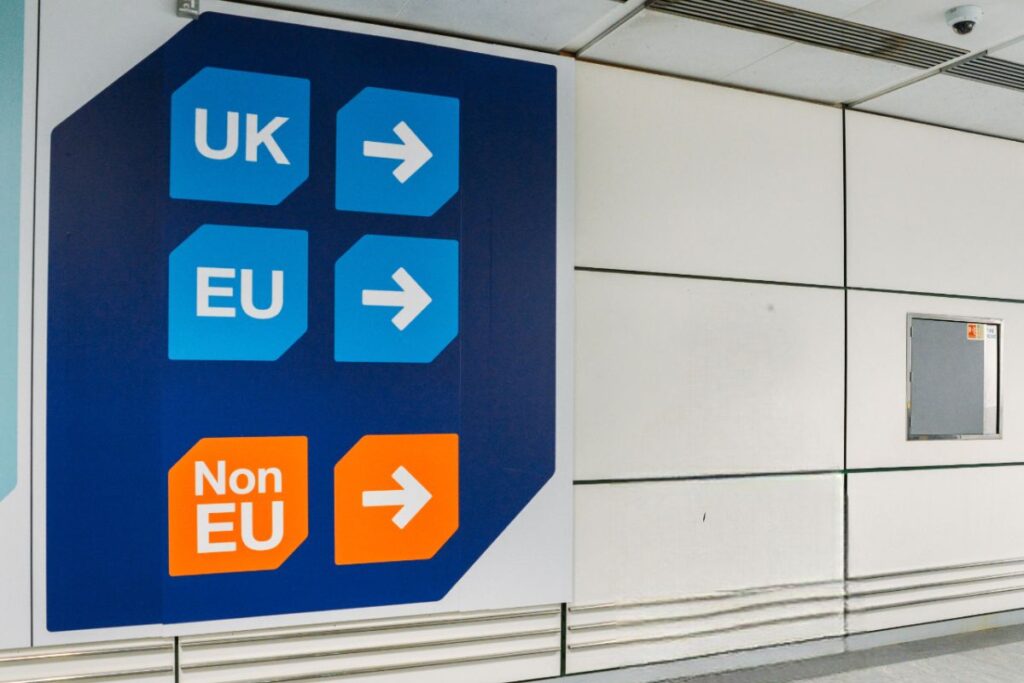
Germany has tightened its grip on its borders, announcing a six-month extension of internal border controls with Czechia, Poland, and Switzerland. This decision, effective until the very end of 2024, comes amid ongoing anxieties about irregular migration and people smuggling activities.
Security Concerns Drive Extension
German authorities believe these extended controls are crucial for maintaining public safety and internal security. They view them as a vital tool to curb people smuggling and limit irregular migration.
Positive Impact on Irregular Entries
The initial implementation of border controls has yielded positive results. Germany has reported a significant decrease in the number of irregular entries since the measures were introduced. This success likely played a significant role in the decision to extend them.
Balancing Security and Freedom of Movement
The extension of border controls is a contentious issue. While some see it as a necessary security measure, others argue it infringes upon the freedom of movement within the Schengen Area. It remains unclear whether these controls will be further extended in 2025.
A Complex Challenge
Germany’s decision reflects the ongoing struggle with irregular migration and people smuggling in Europe. The implemented controls have demonstrably reduced irregular entries, but they also raise concerns about the delicate balance between security and the freedom of movement within the Schengen Zone.



